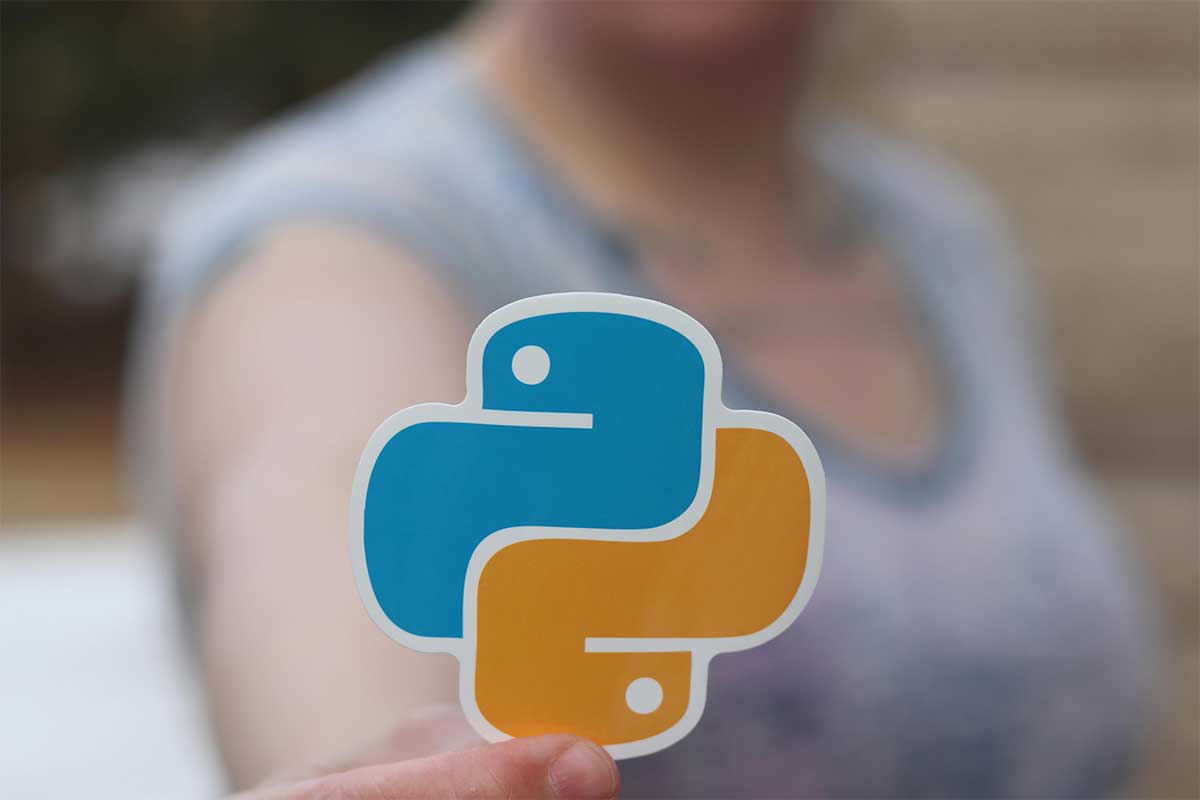
Python has become one of the most popular programming languages in the world, and for good reason. Its simplicity, readability, and versatility make it an excellent choice for beginners and experienced developers. In this article, we will explore the role of Python for web development, why it’s a great choice, and how you can get started using Python to build dynamic, robust web applications.
Why Choose Python for Web Development?
Python is known for its clear syntax and easy-to-understand code, which makes it an ideal language for beginners. But Python’s appeal goes beyond just its simplicity. Here’s why Python is a fantastic option for web development:
- Versatility: Python can be used for various applications, from web development to data analysis, machine learning, and automation.
- Large Community: Python boasts a large, active community of developers, which means a wealth of tutorials, libraries, and frameworks are available to help you.
- Extensive Libraries and Frameworks: Python offers powerful libraries and frameworks, such as Django and Flask, that simplify web development.
- Integration Capabilities: Python integrates easily with other languages and technologies, making it a flexible choice for complex projects.
Python Web Frameworks
Frameworks are essential tools that help streamline web development by providing pre-built components and functionalities. Here are two of the most popular Python frameworks used in web development:
1. Django
Django is a high-level web framework that allows developers to rapidly build secure and scalable websites. It follows the “batteries-included” philosophy and has many built-in features, such as authentication, database management, and URL routing.
- Advantages of Django:
- Speed: Django enables fast development with less code.
- Security: Built-in protections against common security threats.
- Scalability: Handles heavy traffic and large datasets with ease.
2. Flask
Flask is a lightweight web framework that allows scaling up and adding features as needed. Unlike Django, Flask is more minimalistic, giving you more control over your project’s architecture.
- Advantages of Flask:
- Simplicity: Minimalistic and easy to learn.
- Flexibility: Allows developers to add only the components they need.
- Customizability: Ideal for projects that require a high level of customization.
Getting Started with Python for Web Development
Here’s how you can get started with Python for web development:
Step 1: Install Python
First, you need to have Python installed on your computer. You can download the latest version from the official Python website. Once installed, you can verify the installation by running python --version in your command line.
Step 2: Set Up a Virtual Environment
Creating a virtual environment for your projects to manage dependencies separately is a good practice. You can set up a virtual environment using the following commands:
python -m venv myenv source myenv/bin/activate # On Windows: myenv\Scripts\activate
Step 3: Choose a Framework
Decide whether you want to use Django or Flask based on the needs of your project. Install your chosen framework using pip:
pip install django # For Django pip install flask # For Flask
Step 4: Start Building
If you’re using Django, you can create a new project with:
django-admin startproject myproject
For Flask, you can create a basic web application by writing a few lines of code:
from flask import Flask
app = Flask(__name__)
@app.route('/')
def home():
return "Hello, World!"
if __name__ == "__main__":
app.run(debug=True)
Save this code in a file named app.py and run it using python app.py. Your first web application will be live at http://127.0.0.1:5000/.
Advantages of Using Python for Web Development
- Rapid Development: Python’s simple syntax and powerful frameworks like Django enable faster project completion.
- Scalability: Python applications can easily scale to handle increasing traffic and data loads.
- Strong Community Support: Python’s active community means continuous improvements and a wealth of resources for learning and problem-solving.
- Versatile Applications: Whether you’re building a simple blog or a complex web application, Python’s versatility ensures it can handle the job.
Conclusion
Python’s robust frameworks, extensive libraries, and ease of use make it a top choice for web development. Whether you’re a beginner looking to build your first web app or an experienced developer seeking a reliable language for complex projects, Python for web development offers everything you need to succeed. Start exploring Python today and unlock the full potential of your web projects.
